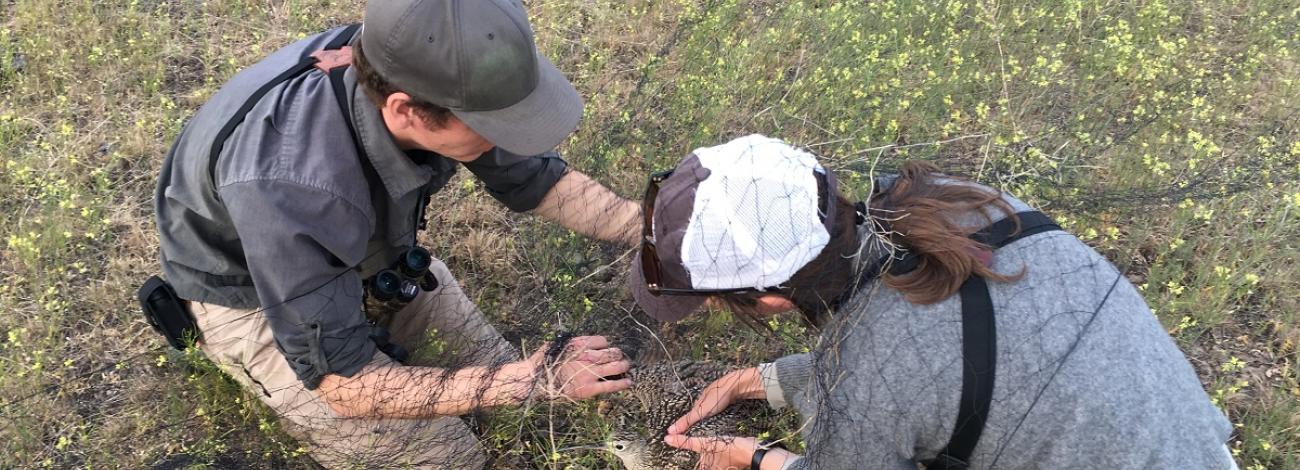
Scientific Research
Make world-class discoveries
National Conservation Lands comprise a natural scientific laboratory that attracts scientists from around the world. The scientific values found within many National Conservation Lands units open the door to valuable research on topics ranging from geology, paleontology, archaeology and history to biology, botany and ecosystem studies. Researchers are discovering new species of dinosaurs, studying best practices for rangeland management, determining butterfly diversity, reintroducing endangered species, examining the dynamics of riparian areas, and much more on these lands.
Many research projects on the National Conservation Lands are conducted through partnerships with scientists and scientific organizations including universities, government agencies, American Indian tribes, special-focus groups and non-governmental organizations. Scientific projects inform the decision-making process of BLM managers. Close working relationships between scientists and BLM managers and staff lead to mutually beneficial outcomes.
To learn more about the National Conservation Lands Science Program, view the National Strategy or read completed science strategies, using the quick links. The state National Conservation Lands pages have more information about individual National Conservation Lands units and their associated resources and values.
Science Strategies
- Alaska
- Arizona
- California
- Colorado
- New Mexico
